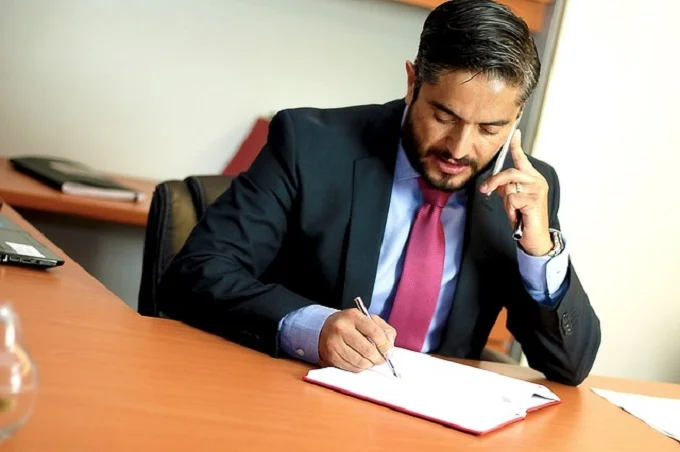Key questions to ask before quitting your job

Quitting your job is a big step in anyone’s life, particularly if you change jobs infrequently. It’s a decision that requires careful consideration.
If you feel it’s time to leave your position and try another company or profession, you must start by asking yourself a few questions. Answering them honestly will help you ensure you’re doing the right thing.
8 Key questions to ask before quitting your job
1. Was this decision well-considered?

The first thing to realize is that quitting is not an impulsive decision. A bad day, a failed project, an unpleasant conversation with a colleague, or a misunderstanding with your boss should not determine your attitude to work.
So, try to stabilize your emotional state before writing a statement. The most common mistake is giving in to emotions. Weigh the pros and cons, and consider your long-term goals and how they fit your current employment. A hasty decision could cause you to lose a really good position, and finding a replacement can be very difficult.
2. Am I financially prepared for unemployment?

Getting laid off can cause financial hardship. Finding a new job quickly is rarely possible, especially if you are selective and want a comfortable environment. Ensure you have enough savings to cover your expenses during your search period.
While you’re interviewing, you’ll need something to eat, drink, pay rent and utilities, be able to seek medical care, and so on. Creating a financial safety cushion in advance will help you avoid the stress of getting fired. You should have money to cover at least 1-2 months of expenses.
3. Have all improvement options been exhausted?

Before deciding, assess whether your current job has exhausted your possibilities. Instead of quitting, you should analyze and do something about the situation. For example, you can talk to your boss about a promotion, discuss career prospects, expand your knowledge and skills, and so on.
Most of the problems that are troubling you can and should be solved. Otherwise, you will face the same troubles in your new job. So before you leave, make sure you’ve done your best.
4. Do my loved ones support me?

The support of your family and loved ones is critical. Their opinion and moral support can be important when you make crucial decisions. Moreover, if someone in your life depends on your salary for any reason, you should consult them before you do anything.
Discuss your intentions with your family members and be ready to listen to their point of view. Sometimes, those around you can help you look at a situation from a whole new angle, though, for this, you have to be open to criticism.
5. Do I know my rights and responsibilities?
Before writing a resignation letter, learning about all labor rights and obligations is essential. Familiarizing yourself with the procedure for terminating the employment contract would also help.
This is especially necessary if you have never been in a similar situation. Studying labor laws will help you avoid unpleasant surprises and protect your interests. Even if you have a good relationship with your employer, it’s better to be safe when you leave.
6. Do I realize the possible risks?
Dismissal carries certain risks, both financial and professional. Think about how your decision will affect your CV, your reputation as a professional, and your career plans.
It is only sometimes possible to change jobs quickly, find a workplace equivalent to the one you left, and so on. It is worth considering all possible consequences to prepare for the unexpected.
7. Am I ready for changes?
Remember to consider the degree of change that being fired can bring to your life. It may seem that after you quit, you will immediately feel free, quickly find a replacement for your old place of work, and not have time to lose much in quality of life.
Profound changes are waiting for you. It would help to consider whether you are ready to adapt to new conditions. You may have to change your field of activity, try yourself in a higher position, or even move.
It is important to understand that changes can be positive or negative, but you must be psychologically prepared. Your reaction to external circumstances determines your outcome.
8. Do I have a clear plan for the future?

Before leaving your current job, consider what you will do next. It is highly unsafe to leave in the unknown. Make sure you have a clear plan of action. If you don’t have one, consider your next steps before you write your resignation letter.
It would help if you started by updating your CV, looking for vacancies, and taking training or courses to improve your skills. Decide where and who you want to work, what salary level you want, how much time you are willing to spend, and whether your expectations are realistic.
The more variables you try to consider before making a final decision, the more confident you will feel after leaving your job. Moreover, you’ll greatly reduce the likelihood of making a mistake.




